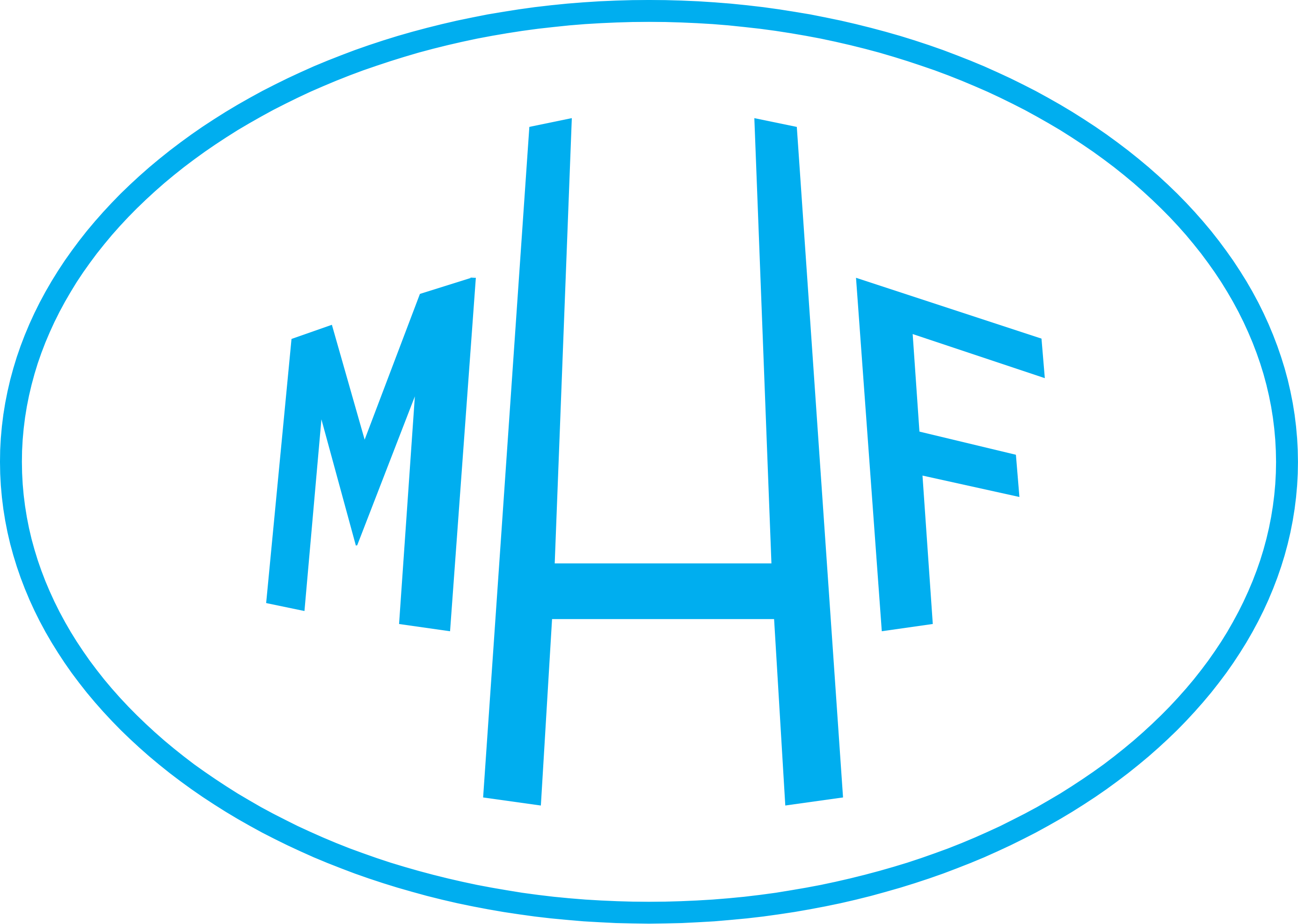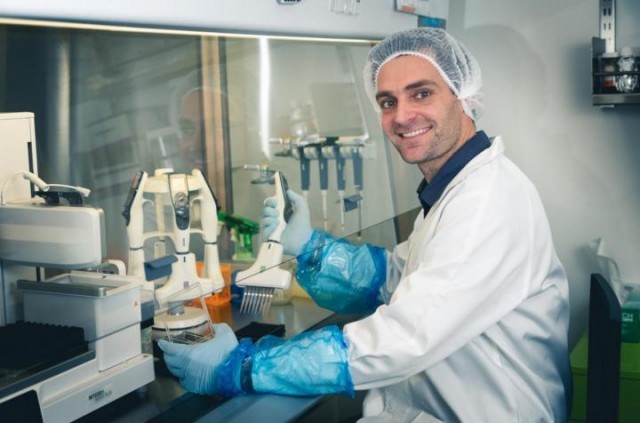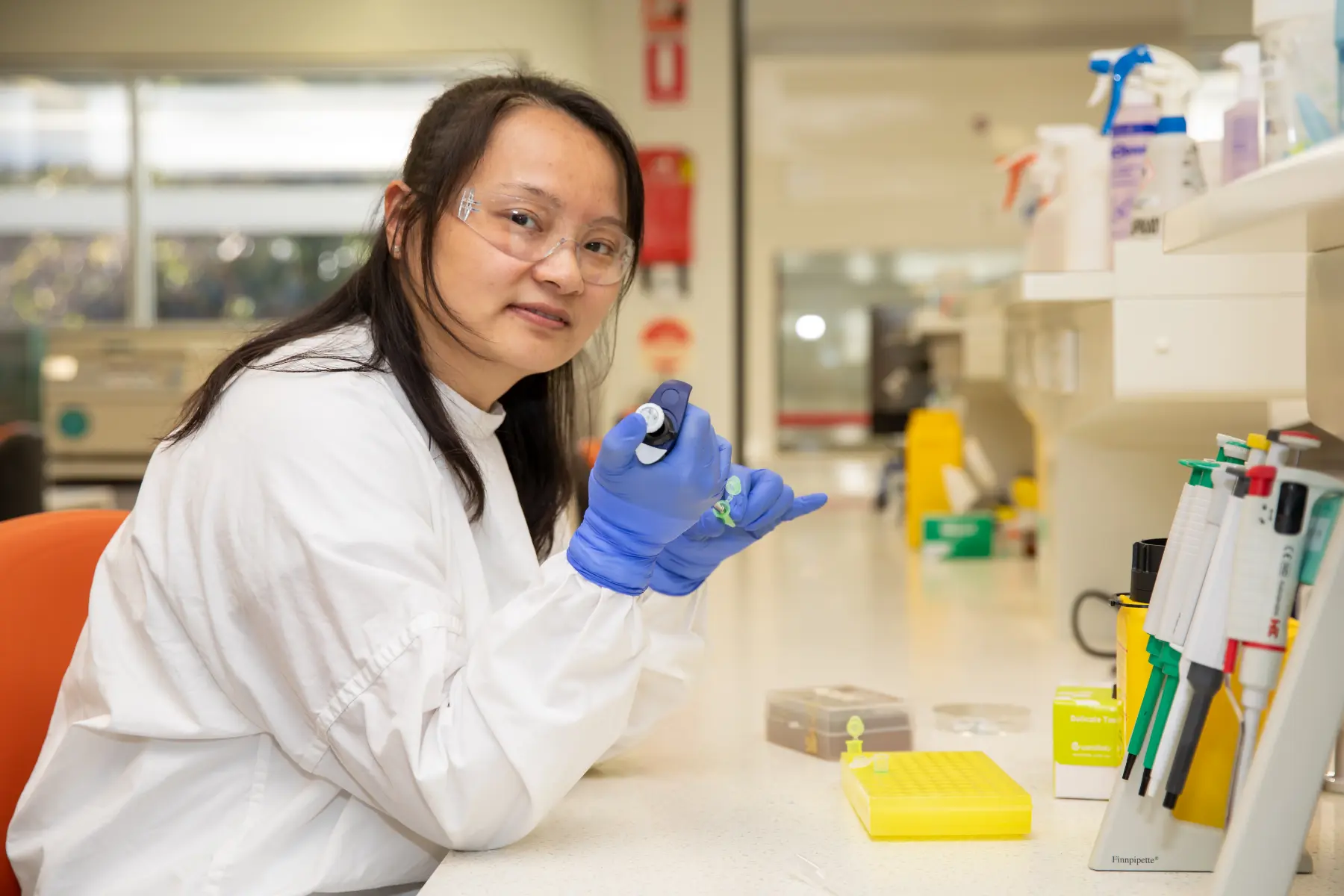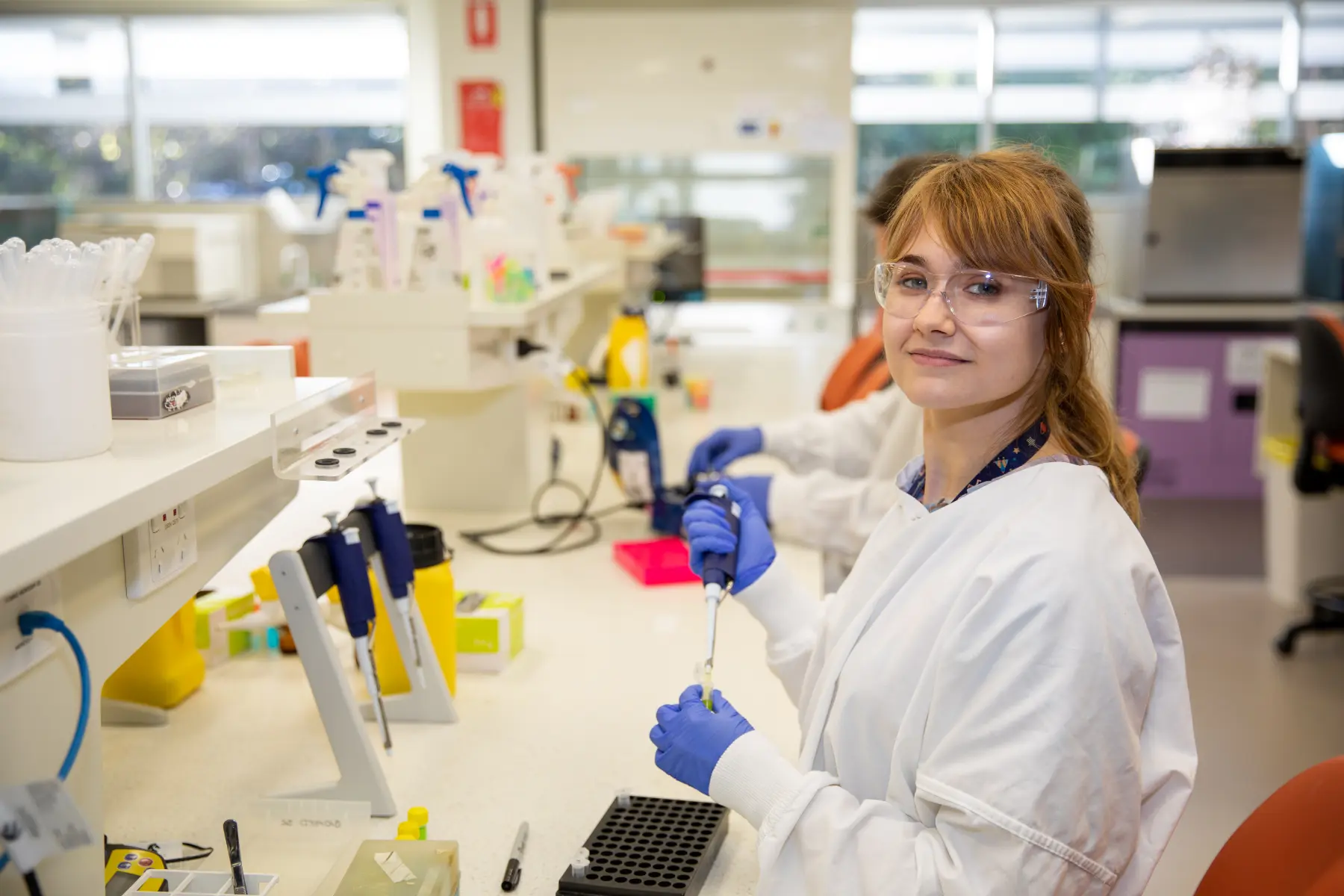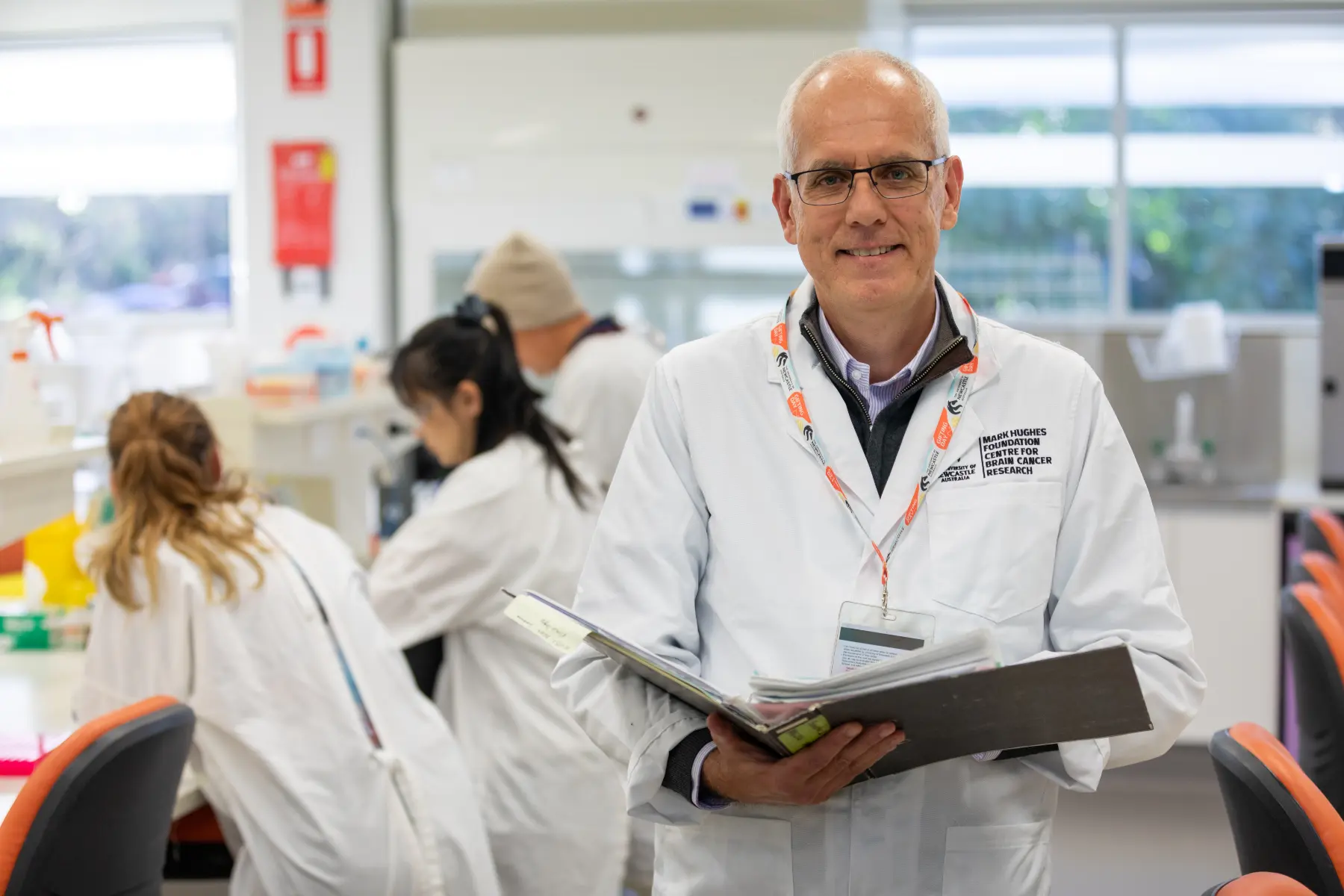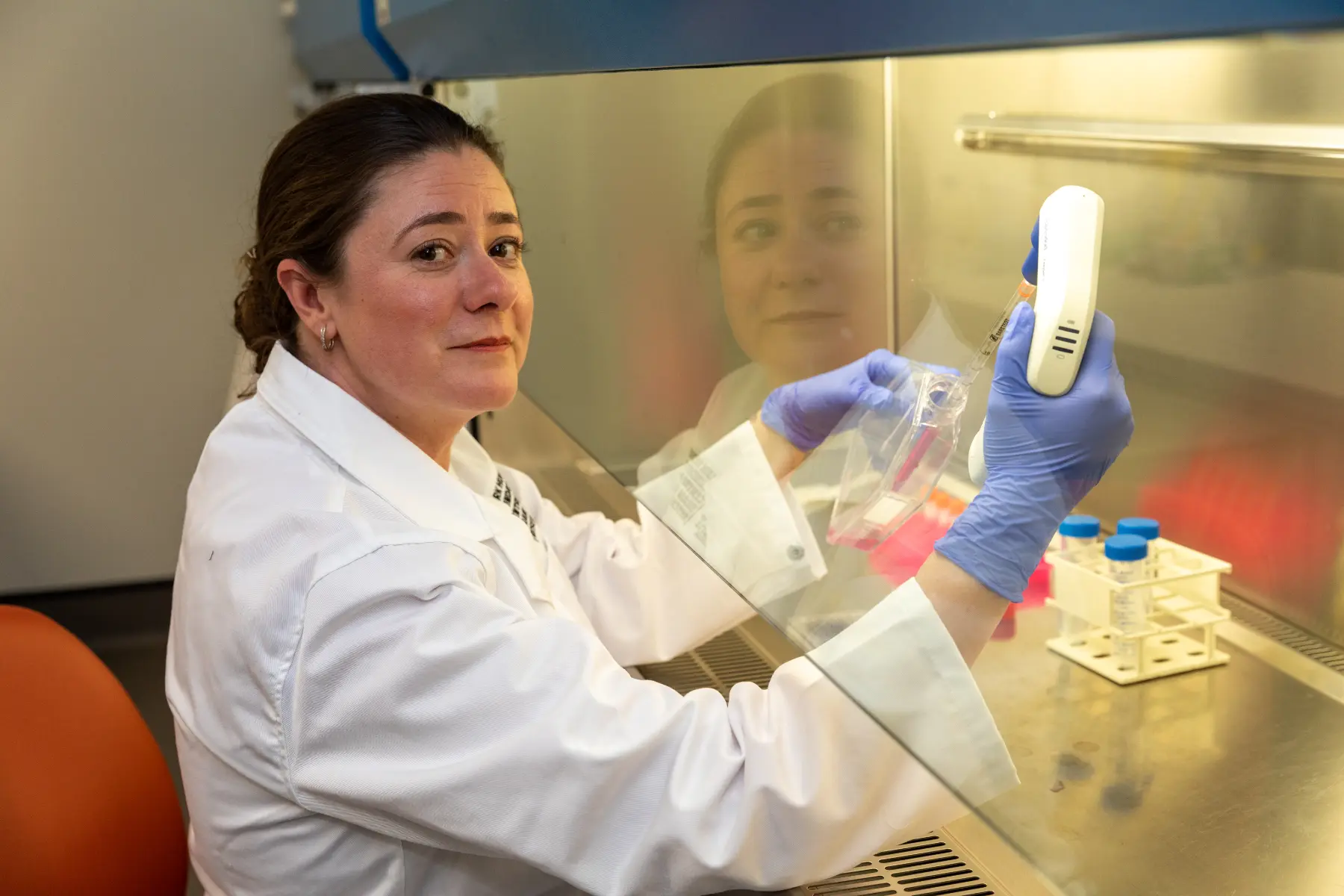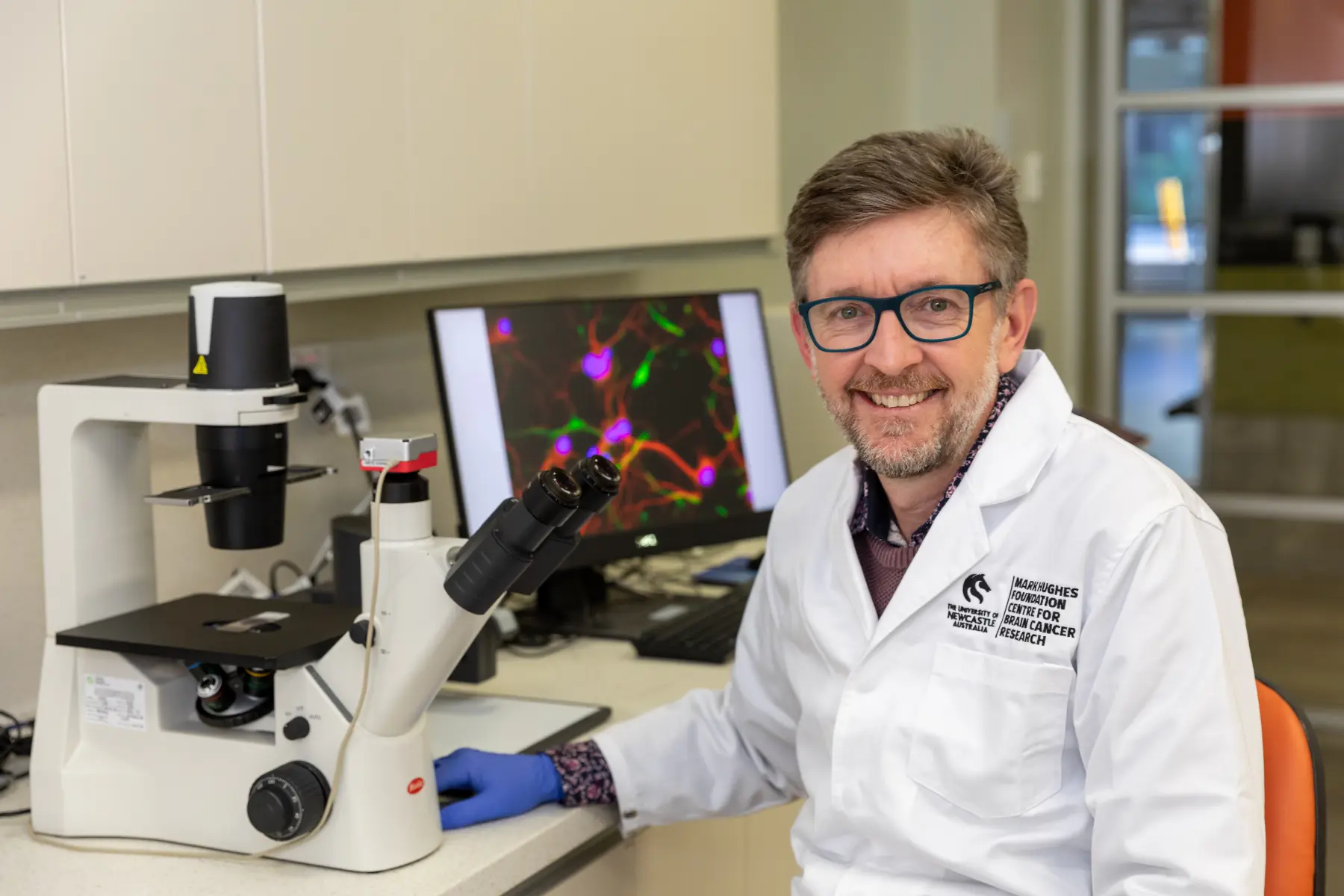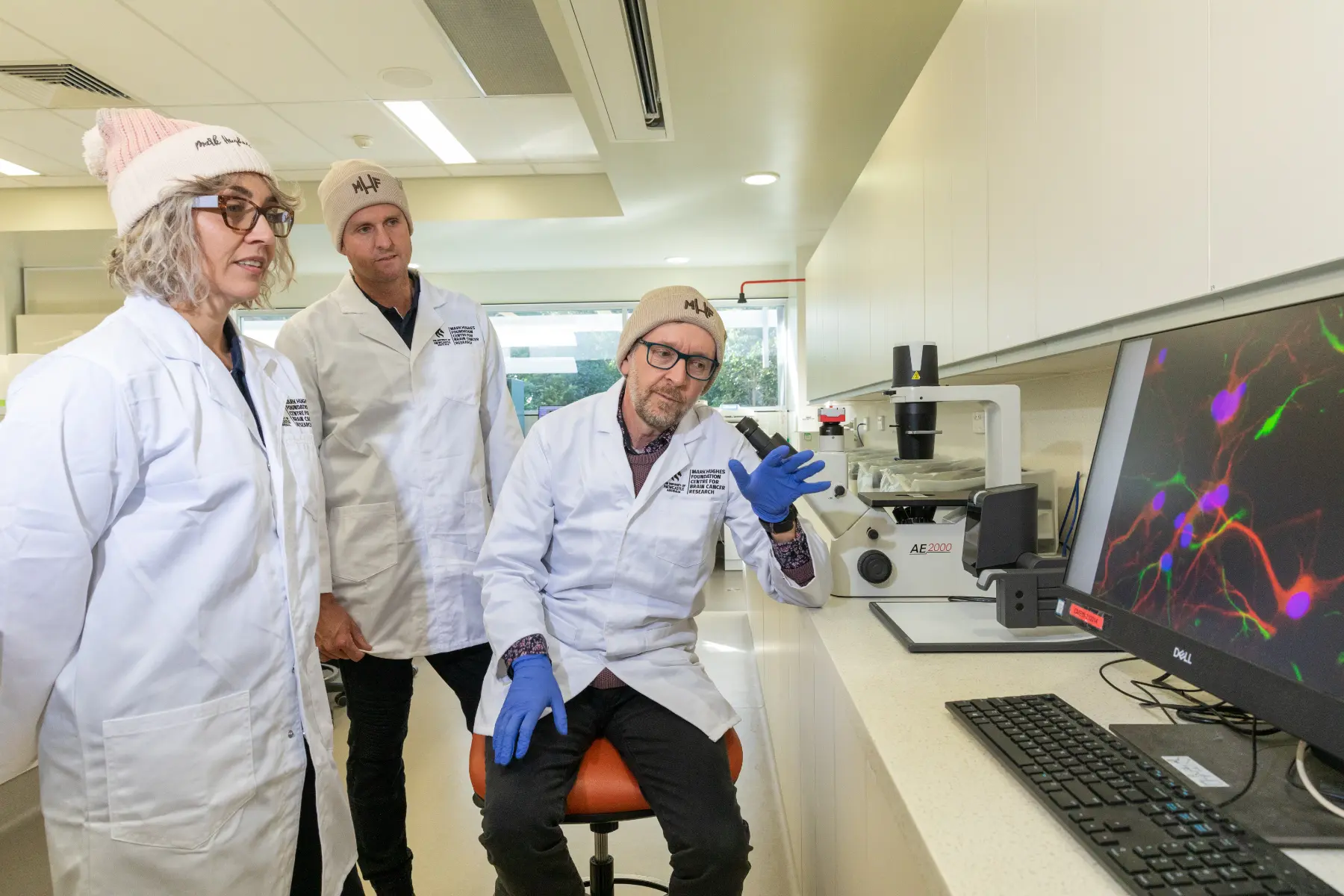Dr Bardy is an internationally recognised leader in the field of human neural stem cells, and an expert in electrophysiology and single cell genetics. His research efforts are focused on developing in vitro models and new biotechnologies to unravel the effect of neurological disorders at the cellular and molecular level.
Funded in 2020, the Glioblastoma: Determining how the molecular microenvironment of the human brain influences cancer progression and treatment efficacy project received more than $574,000 from the Mark Hughes Foundation through the Australian Brain Cancer Mission.
As published in the journal Science Advances results show that a decades-old anti-anxiety drug can improve the effectiveness of chemo-radiotherapy towards glioblastoma, or GBM, the most common and lethal brain cancer.
The collaborative Australian team of neurobiologists, neurosurgeons and oncologists tested the effect of the precious resource of human cerebrospinal fluid on the growth of tumour cells collected from 25 local patients with glioblastoma.
Among their findings, the tumour cells quickly changed their identity and became more resistant to radiation and the drug temozolomide, which are mainstays of glioblastoma therapy.
Associate Professor Cedric Bardy says, “Glioblastoma kills so many people who are otherwise fit, healthy and young, within months. This is a horrible disease, and the treatments available are just not effective enough despite serious side effects.
“This study helps us understand the limitations of the current chemotherapies and provides new hope for repurposing a class of drugs that could be added to the standard of care. We are working hard now to try this on patients in a clinical trial.”
